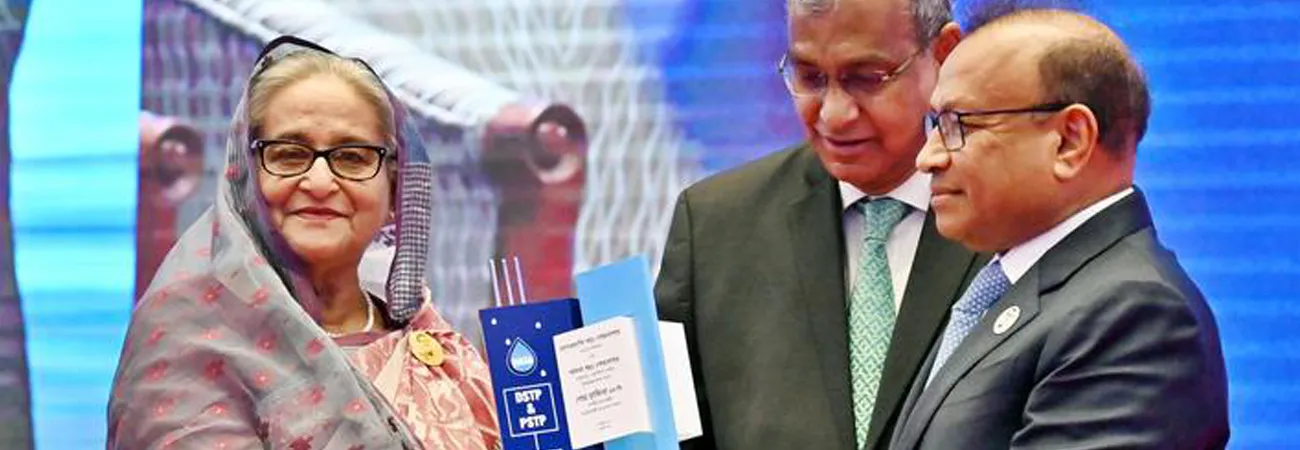XINHUA-PAKISTAN SERVICE
BEIJING, December 1: Pakistan is set to open the first Special Economic Zone (SEZ) under the China-Pakistan Economic Corridor (CPEC) by the end of this month, reports China Economic Net (CEN) quoting Minister for Planning and Development Asad Umar. Two more SEZs will also be opened within current fiscal year. Under the first phase, one each SEZ was being established in Sindh, Khyber Pakhtunkhwa and Punjab. According to the CEN’s, report, SEZ is a fruitful strategy for promoting trade, employment and economic growth in a county. According to International Labor Organization (ILO), a tremendous growth in SEZs is observed in last few decades.
For instance, in 1986, there were 176 SEZs in 47 countries; which reached to 3500 in 130 countries in 2006. In China, establishment of SEZs were started from1970s, as small scale industrial experiments in four districts such as Shen Zhen, Shantou, and Zhuhai in Guangdong province and Xiamen in Fujian province. By introducing “Reform and Opening-up” policy reforms in 1978, China has made tremendous growth though SEZs at municipality level.
Main objective of SEZs in china creation was to attract foreign investor, which was zero percent before 1978 and People’s Congress has passed first legal rule in SEZs in August 1980, “the Regulation for Guangdong SEZs.” China, as one of the pioneering and successful countries in establishing SEZs, has shown keen interest in investing in SEZs that Pakistan has committed to establish exclusively for Chinese companies. SEZs offer tax and business incentives to attract foreign investment and technology. So the challenge for Pakistani policy makers is to provide corresponding, if not better, incentives, infrastructure and business environment to Chinese investors than they are used to with at home. To attract Chinese investors to establish industries in Pakistani SEZs, extra measures and efforts are required to provide them with fiscal incentives, the most cost-effective and efficient infrastructures and support services as well as investor-friendly governance.
INP/JAVED





